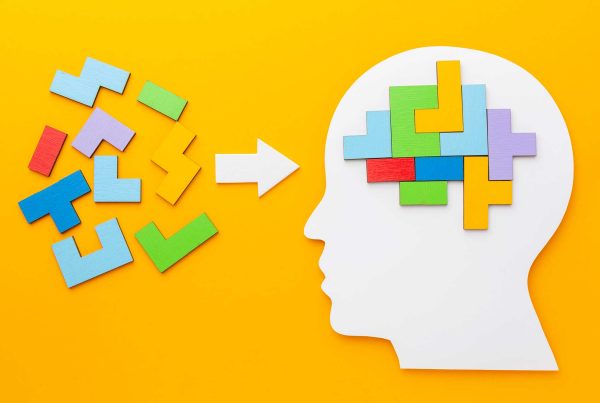 MANY-VALUE LOGICS
MANY-VALUE LOGICS
 INTRODUCTORY LOGIC TEXTS
INTRODUCTORY LOGIC TEXTS
INTRODUCTORY LOGIC TEXTS
 THE ESSAY OF ASSERTION
THE ESSAY OF ASSERTION
THE ESSAY OF ASSERTION
 PRAGMATISM
PRAGMATISM
PRAGMATISM
 LOGICAL POSITIVISM
LOGICAL POSITIVISM
LOGICAL POSITIVISM
 MEDIEVAL PHILOSOPHY
MEDIEVAL PHILOSOPHY
MEDIEVAL PHILOSOPHY
 ARISTOTLE
ARISTOTLE
ARISTOTLE
 TRANSCENDENTAL IDEALISM
TRANSCENDENTAL IDEALISM
TRANSCENDENTAL IDEALISM
 ESSENTIAL READING IN THE HISTORY OF PHILOSOPHY
ESSENTIAL READING IN THE HISTORY OF PHILOSOPHY
ESSENTIAL READING IN THE HISTORY OF PHILOSOPHY
 SKEPTICISM (PYRRHONISM)
SKEPTICISM (PYRRHONISM)
SKEPTICISM (PYRRHONISM)
 RELEVANCE LOGICS
RELEVANCE LOGICS
RELEVANCE LOGICS
 METAPHYSICS
METAPHYSICS
METAPHYSICS
 LOGICAL ATOMISM
LOGICAL ATOMISM
LOGICAL ATOMISM
 THE PRE-SOCRATICS
THE PRE-SOCRATICS
THE PRE-SOCRATICS
 THE ELEATIC SCHOOL
THE ELEATIC SCHOOL
THE ELEATIC SCHOOL
Logic
Books
-
Surfaces and Essences: Analogy as the Fuel and Fire of Thinking
$20.99 -
Siddhartha (Deluxe Hardcover Book)
$9.99 -
How Fascism Works: The Politics of Us and Them
$14.32 -
The Philosophers’ Library: Books that Shaped the World (Liber Historica)
$23.80 -
The Stoic Man’s Guide: Daily Strategies for Modern Men: How to Embrace Timeless Stoicism for Happiness, Resilience, and Well-Being
$11.99 -
Bad Infinity: Selected Writings
$23.00 -
An Introduction to General Systems Thinking
$9.98 -
Race Non-Conformity: From Exclusion to Inclusion
$14.95 -
The Impertinent Self: A Heroic History of Modernity (Cultural Memory in the Present)
$25.00 -
The Complete Works: Handbook, Discourses, and Fragments
$15.44 -
Healing Love Through the Tao: Cultivating Female Sexual Energy
$19.95 -
I Ching, the Oracle: A Practical Guide to the Book of Changes: An updated translation annotated with cultural & historical references, restoring the I Ching to its shamanic origins
$30.99 -
Ancient Ones Are Calling Us: Learning to Listen Changed My Life
$17.95
The Atomos Blog
Philosophy of Law: An Introduction
Philosophy of Law: An Introduction
Philosophy of Science: An Introduction
Aesthetics: An Introduction
Epistemology: An Introduction
Ethics: An Introduction
Logic: An Introduction
Metaphysics: An Introduction
Philosophy of History: An Introduction
Philosophy of Language: An Introduction
Philosophy of Mind: An Introduction
Philosophy of Technology: An Introduction
Political and Social Philosophy: An Introduction
Environmental Philosophy: An Introduction
Existentialism and Phenomenology: An Introduction
Feminist Philosophy: An Introduction
Philosophy of Mind: An Introduction
Terms & Concepts

I-proposition


































































